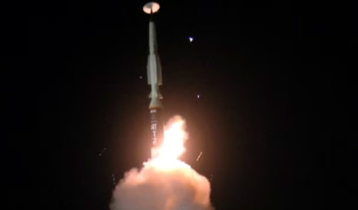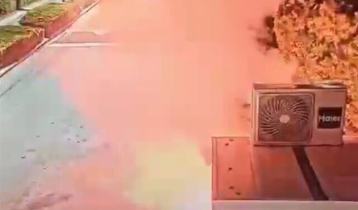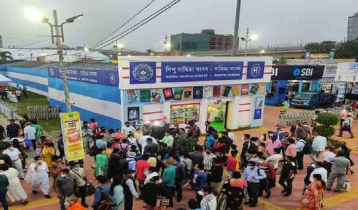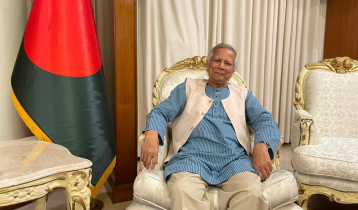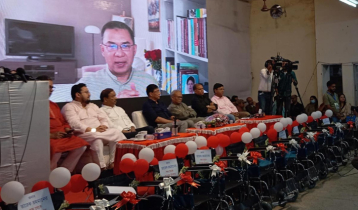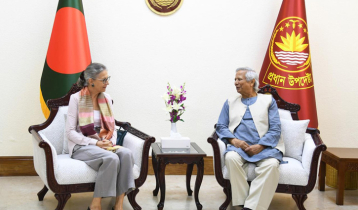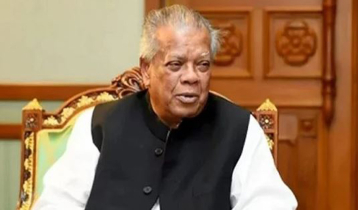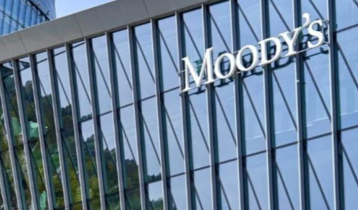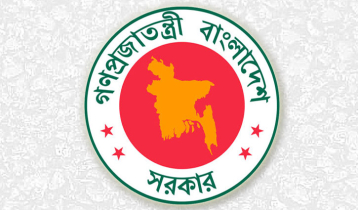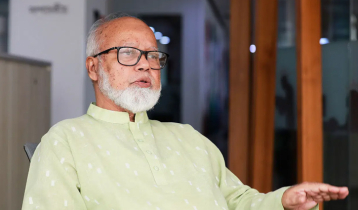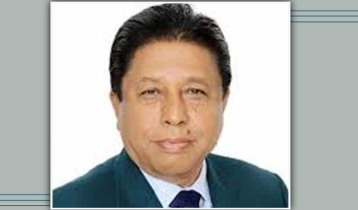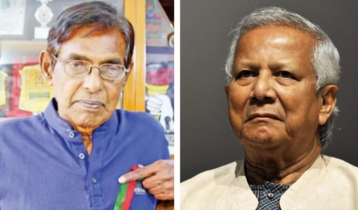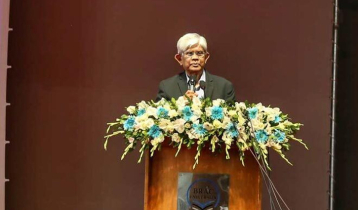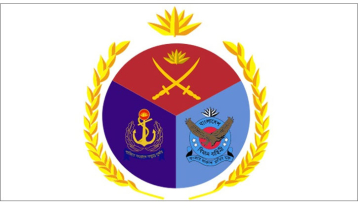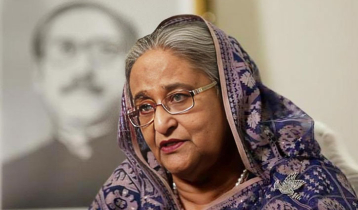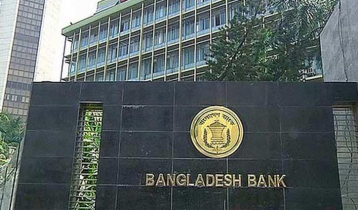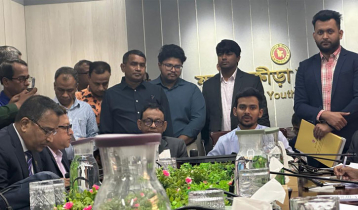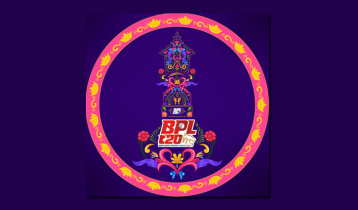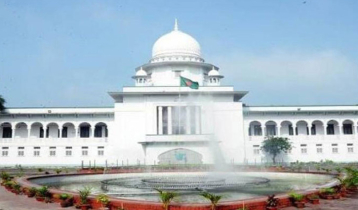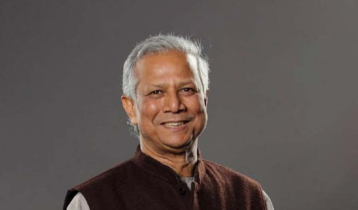Japan reveals name of new imperial era will be Reiwa
4 || risingbd.com
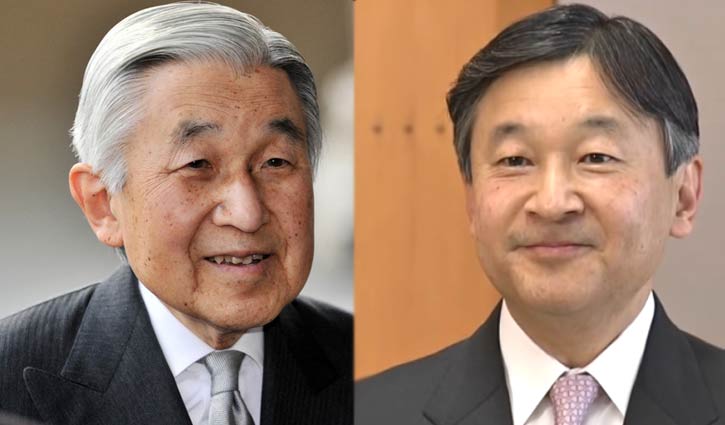
International Desk: Japan has announced that the name of its new imperial era, set to begin on 1 May, will be "Reiwa" - signifying order and harmony.
The country's current era, Heisei, will end in a month with Emperor Akihito's historic abdication.
Chief Cabinet Secretary Yoshihide Suga announced the highly anticipated name by holding up a board with the characters handwritten on it.
Prime Minister Shinzo Abe has addressed the nation to explain its meaning.
Each Japanese emperor's reign, or "gengo", is given a name that is then used alongside the Western calendar to mark the years.
The term for the new era is made up of the two characters Rei and Wa. Rei can mean "commands" or "order", as well as "auspicious" or "good".
Wa often means "harmony", and is also used in the Japanese word for "peace" - "hei-wa".
It is the first time a gengo's name has been taken from an old anthology of Japanese poems, the Manyoshu, instead of a Chinese one, Mr Abe said.
The Manyoshu symbolises Japan's "profound public culture and long tradition", he said.
"Our nation is facing up to a big turning point, but there are lots of Japanese values that shouldn't fade away," Mr Abe told reporters.
The Manyoshu, which dates back to the 8th Century, depicts the auspicious month ("reigetsu") in early spring when the winds have become temperate ("fu-wa").
There have been only four eras in Japan's modern history. Emperor Akihito's current era, Heisei, which means "achieving peace", was preceded by the Showa era (1926-1989), which can be translated as "enlightened harmony".
Before that, the Taisho era (1912-1926) meant "great righteousness", while the Meiji gengo (1868-1912) meant "enlightened rule" in English.
Each gengo's name aims to set the tone for the upcoming decades, and remains significant to most Japanese in their daily life.
It appears on coins, newspapers, driving licences and official paperwork.
Monday's unveiling of the era name follows weeks of speculation and top-secret cabinet discussions, and the winning term was eventually chosen from a selection drawn up by a panel of scholars and experts.
Although still widely used, the gengo calendar is declining in popularity as Japan opens up to global influence. According to a recent survey in Japan's Mainichi newspaper, a third of people mostly used the gengo system, compared to 82% in 1975, while 25% preferred the Western calendar.
Source: BBC
risingbd/April 2, 2019/Mukul
risingbd.com



